Science simply cannot adjudicate the issue of God's possible superintendence of nature
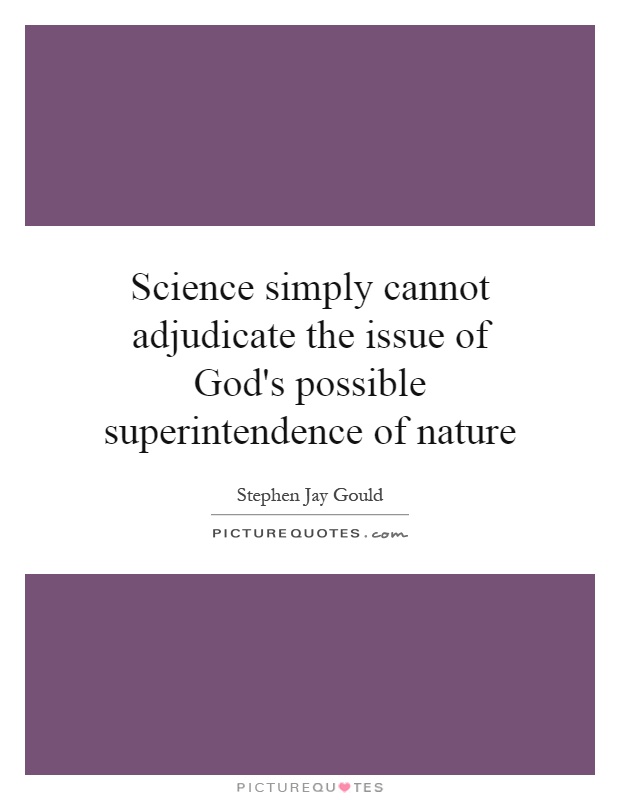
Science simply cannot adjudicate the issue of God's possible superintendence of nature
Stephen Jay Gould, a prominent paleontologist and evolutionary biologist, was known for his strong stance on the separation of science and religion. He famously argued that science simply cannot adjudicate the issue of God's possible superintendence of nature. Gould believed that science and religion are two separate and non-overlapping magisteria, or domains of authority, and that they should not be conflated or pitted against each other.Gould's position on the relationship between science and religion was influenced by his understanding of the nature of scientific inquiry and the limits of empirical evidence. He believed that science is a methodological approach to understanding the natural world through observation, experimentation, and evidence-based reasoning. Science deals with empirical facts and testable hypotheses, while religion deals with questions of meaning, purpose, and morality that are beyond the scope of scientific investigation.
Gould argued that the question of God's possible superintendence of nature falls within the realm of religion, not science. Science can study the natural world and explain natural phenomena through naturalistic explanations, but it cannot address questions of ultimate meaning or purpose. Gould believed that science and religion can coexist peacefully as long as they respect each other's boundaries and do not overstep their respective domains.
Gould's perspective on the relationship between science and religion has been controversial and has sparked debate among scientists, theologians, and philosophers. Some critics argue that Gould's non-overlapping magisteria approach is too simplistic and fails to account for the ways in which science and religion can inform and enrich each other. Others have praised Gould for his efforts to promote dialogue and understanding between the scientific and religious communities.
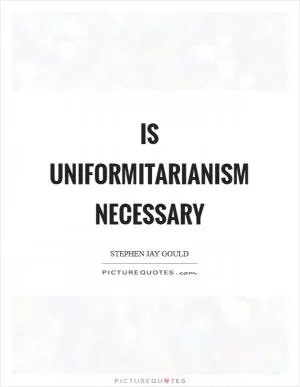



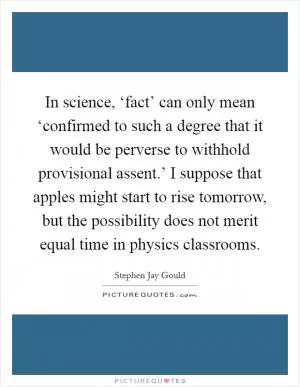
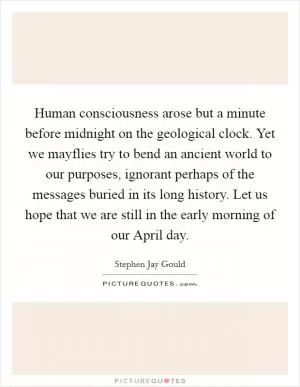
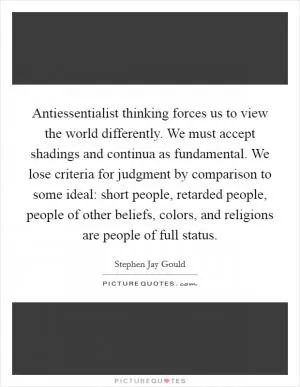


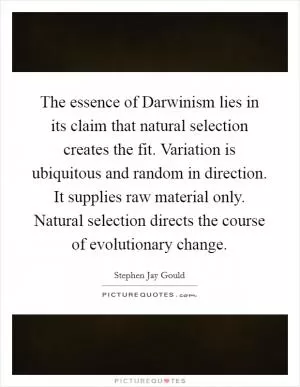
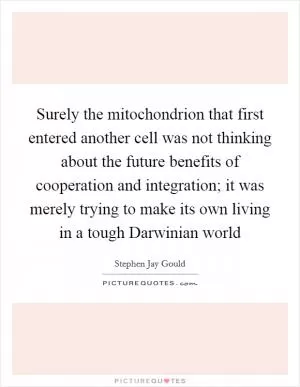
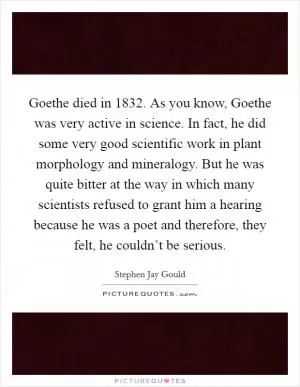
 Friendship Quotes
Friendship Quotes Love Quotes
Love Quotes Life Quotes
Life Quotes Funny Quotes
Funny Quotes Motivational Quotes
Motivational Quotes Inspirational Quotes
Inspirational Quotes